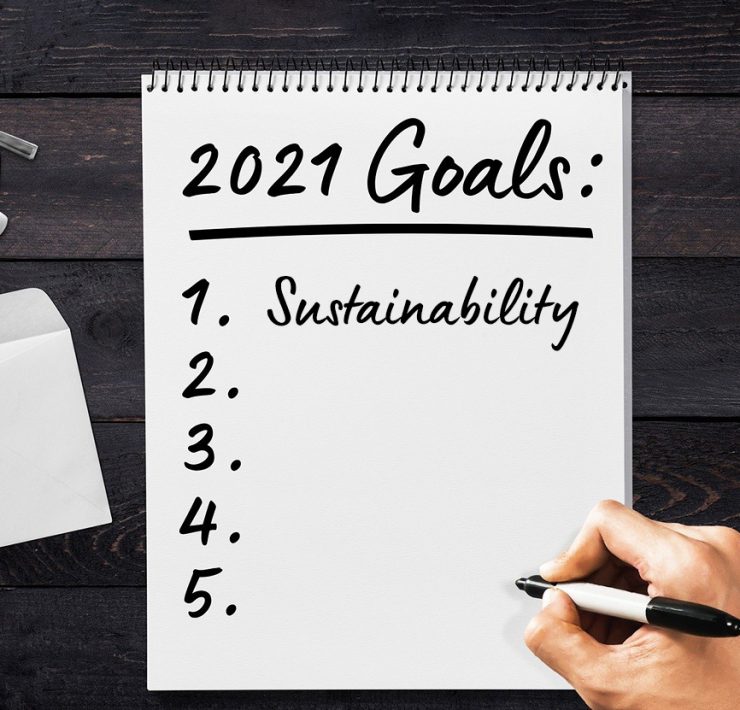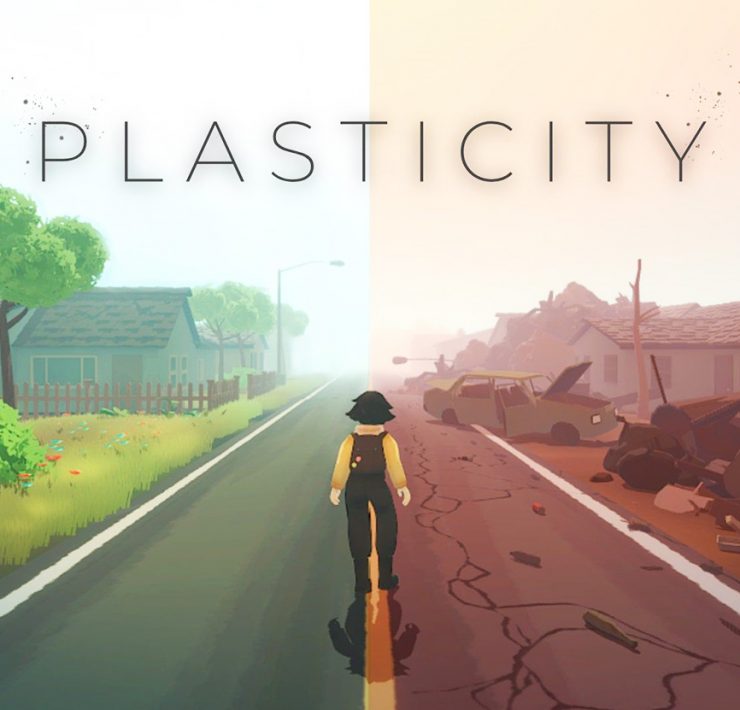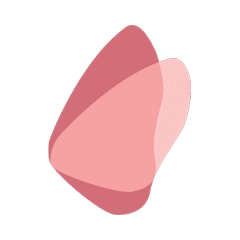Compostable, eco-friendly, biodegradable – don’t let the wordplay get to you
- Information is the first step towards adapting a sustainable lifestyle. Poonam Bir Kasturi helps us understand the implication of some of the buzzwords in the space
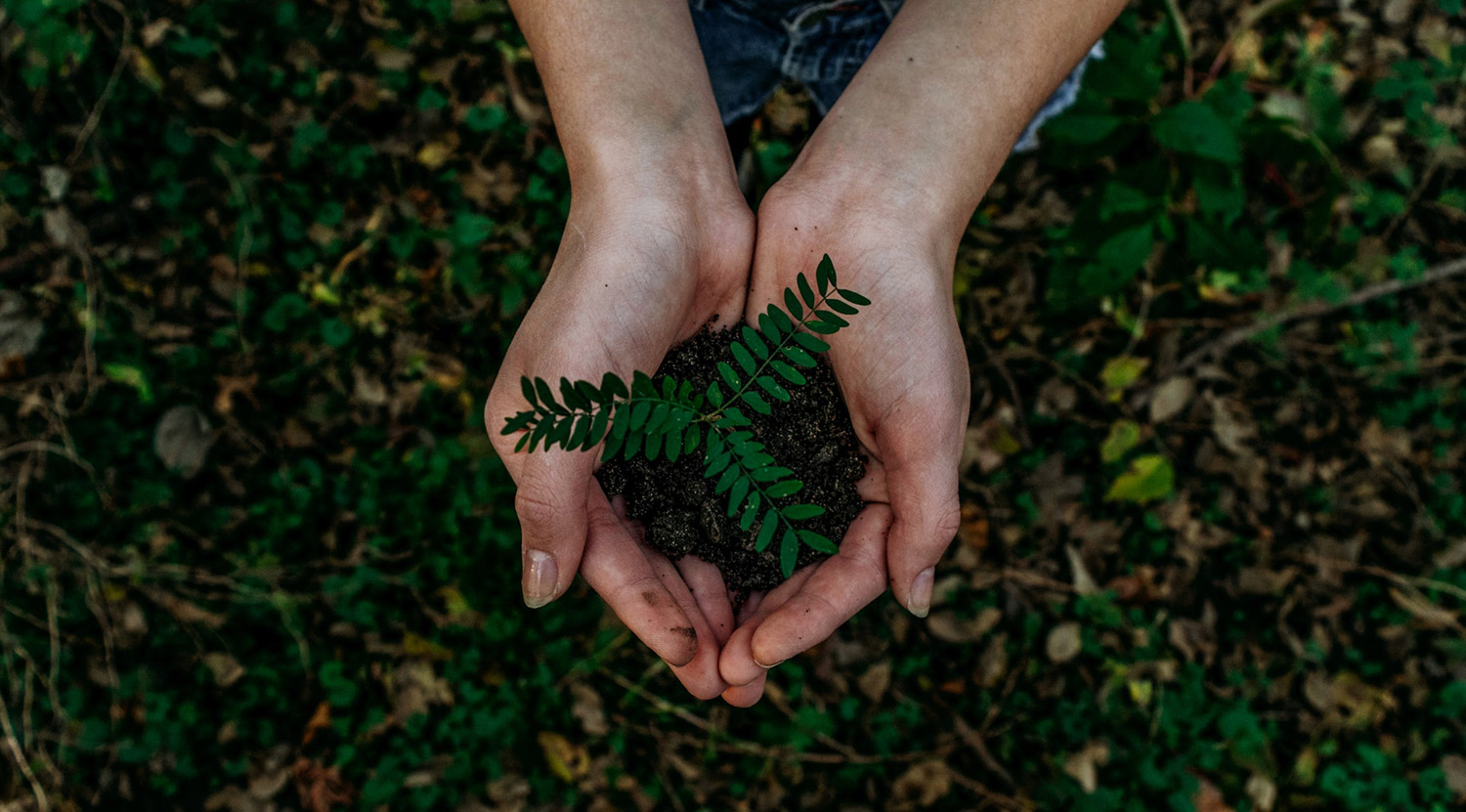
We’re a team that is unlearning modern-day, convenient living to…
Founder of Daily Dump or ‘Compostwalli’ as she’d rather be known, Poonam Bir Kasturi believes that much of our hygiene issues stem from how we dump our waste daily. An industrial designer-turned-composting expert, she has been spreading awareness about the importance of responsible waste disposal and supplying homes with sustainable solutions.
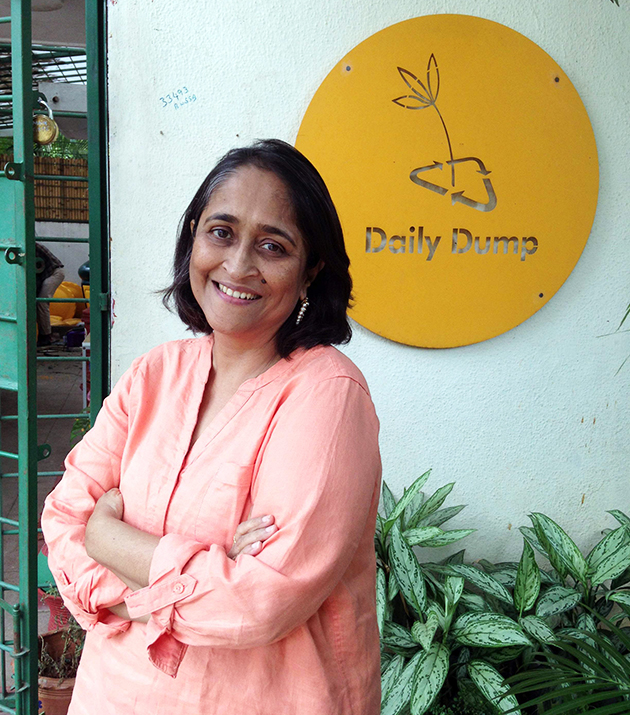
Have you ever wondered about the exact connotation of some of the words that dictate the eco-friendly space? As a sector that is evolving every minute, we as consumers must make an attempt to equip ourselves with information that will lead to more mindful consumption. Let’s start with a few popular ideas…
1. The words ‘eco-friendly’, ‘organic’, ‘compostable’, ‘sustainable’ and ‘biodegradable’ are often loosely used in the context of conscious consumption. What do they mean exactly and are they interchangeable?
Yes, that is unfortunately how we use those words. The word ‘biodegradable’ is used to indicate the breakdown of a material through something in nature – like fungi, bacteria or other biological processes over time. Packaging that will naturally break down over time is termed ‘biodegradable’. Interestingly, plastic will also ‘break down’ but the time span is too long and it causes too much toxicity over that time. That is why one does not associate this word with plastic in our daily usage of the term.
The term ‘organic’ is used for anything that does not have a large portion of artificial chemical input. For instance, ‘organic food’ denotes food that is grown without the use of chemical fertilisers or pesticides. Organic cotton, organic Bamboo, organic toys – all have the same parameters.
‘Compostable’ means the breakdown of materials in a more controlled environment. Whether it is a home composting system or an industrial composting system, the conditions are created to accelerate the speed of breakdown, thus giving a push to the biodegradation process.
‘The word ‘biodegradable’ is used to indicate the breakdown of a material through something in nature – like fungi, bacteria or other biological processes over time.’
2. Please suggest the few ways in which these words can be misleading and used to ‘green wash’.
Often the word ‘biodegradable’ is used for some types of plastics and it is misleading. The material may dissolve in water or break down into small pieces over four months, but it leaves micro particles of plastic that get into our water and soil. When you buy a “recycled” T shirt, you are actually buying something that will leach micro-particles into the waterways through your washing machine. So watch out for words like “recycled” or “biodegradable”. Ask questions around the product offering. Be more informed.
‘When you buy a “recycled” T shirt, you are actually buying something that will leach micro-particles into the waterways through your washing machine.’
3. There are a lot of ‘compostable’ products such as ‘areca leaf plates’, ‘cornstarch bags’, ‘edible cutlery’ that most urban users dispose off in a plastic bag. Could you please elaborate on the problem of irresponsible disposal and the ideal way to discard them?
I would advice ‘refusing’ as the first step. Do not use single-use materials and products. Just say ‘NO’. The point is to get to a place personally, where it becomes normal to carry your own cutlery and use cloth bags and steel or ceramic plates.
As for Areca, it biodegrades very slowly and is voluminous. It needs shredding (use of power) and industrial composting to break down faster.
Cornstarch bags may end up driving mono crop cultivation (like the palm oil industry).
Of course, using these and then throwing them out without thought of where they will end up and how long they will take to degrade, defeats the purpose of using them. One must toss these ‘eco-friendly’ products in a compost bin or leave them in a spot where they can naturally break down. Packing them off to a landfill in a plastic bin liner is a waste. Any kind of biodegradable waste needs oxygen to break down, something that a landfill cannot provide.
‘Cornstarch bags may end up driving mono crop cultivation…like the palm oil industry.’
4. A lot of products (e.g. organic menstrual pad covers) are sold as ‘treated with bio-enzyme’. What does this mean? Is it eco-friendly?
This is still something that we don’t have too much data around.
5. What are the things that a consumer must be mindful of while trying to buy a product that claims to be ‘eco-friendly’?
- Check and ask questions of the producer
- Do a comparative analysis
- Look for reviews
- Get informed about ideas of sustainability
- Don’t believe everything you read
6. Could you please elaborate on the last point?
Last year, there was a full page ad out in a newspaper saying ‘90% of PET bottles in India are collected and recycled’. The ad was making a case for PET bottles as the best alternative to package water, beverages and medicines.
One must understand that PET cannot be recycled – it can only be downcycled (made into new products of lower quality – this can only be done a limited number of times). Promotors of plastic use the low carbon footprint calculations and omit talking about the very high plastic pollution. Plastics end up in microfibres that are so pervasive that they cannot be collected back at all. Plastic is not safe in the long run for human health.
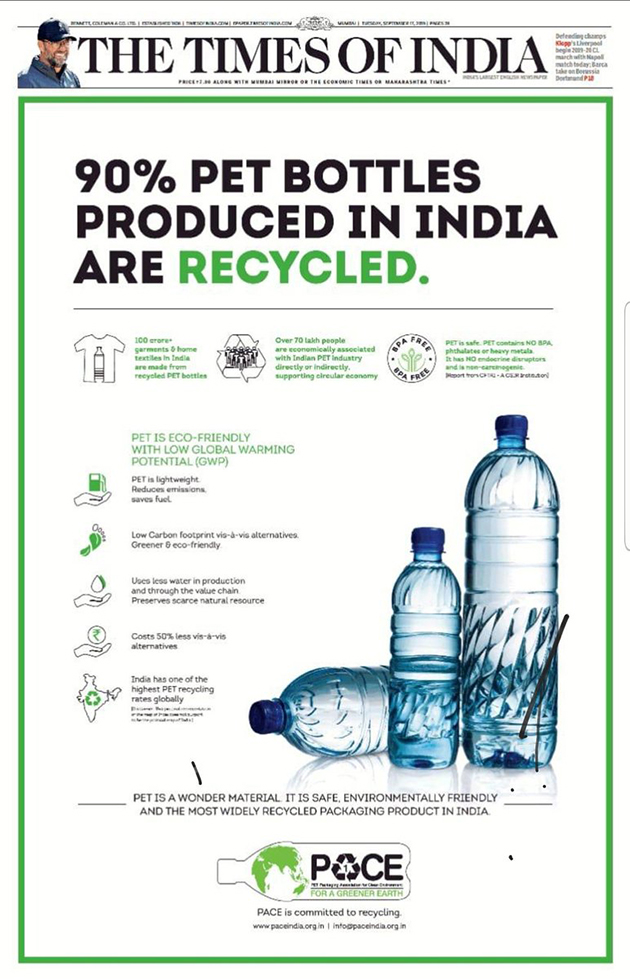
Costs of alternatives are not really higher, it is the framing of the issue that needs to be taken back to the drawing board. Do we need to run businesses that sell bottled water or do we need to run businesses that save and look after water for all of us?
‘One must understand that PET cannot be recycled – it can only be downcycled i.e. made into new products of lower quality – this can only be done a limited number of times.’
7. What’s your advice to those trying to make a conscious shift?
Being informed comes with its share of having to deal with conflicting ideas. Taking a decision at every step can be off-putting, but over time you can become good at it and spot the fakes. Take it one step at a time and remain optimistic. There’s lots of good work happening all over to make things better.
We’re a team that is unlearning modern-day, convenient living to be able to lead an environmentally ethical life, and in the process sharing our insights with our readers.



